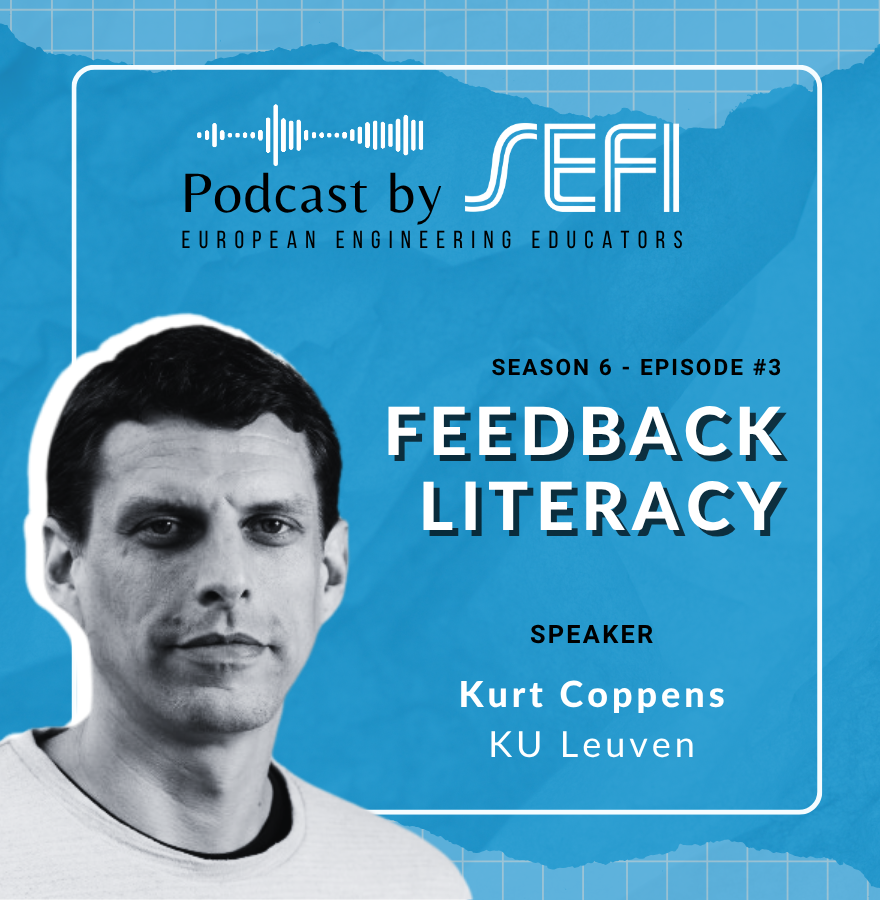Feedback is a somewhat perennial topic within higher education (HE), with increasing emphasis on students…
Dear reader,
Case studies are often presented as promising, or even as indispensable parts of a good Engineering Ethics Education. Currently, however, a lively debate exists on this topic. Earlier in March we hosted our second SEFI seminar, which explored the various approaches and assumptions driving the development or use of case studies (watch the recording here). This new SEFI ethics SIG newsletter presents seven thought-provoking opinions on the use of cases in Engineering Ethics Education.
The first three contributions give three conceptual critiques:

Plea for more nuanced use of engineering ethics case studies
Rob Lawlor (University of Leeds, UK) expresses his concerns about an over-reliance on case studies in the teaching of engineering ethics.

What are your underlying assumptions in having students go through your cases?
Thomas Lennerfors (Uppsala University, Sweden) digs deeper by asking us readers what our underlying assumptions are in having students go through our cases.

Centring equity in engineering ethics case study instruction
Cindy Rottmann (University of Toronto, Canada) elaborates examples of this and makes a plea to couple ethics and equity when teaching engineering ethics through case studies
The next three contributions give attempts to solve issues with case study use.

Atsushi Fujiki (Kobe City College of Nursing, Japan) argues to contextualize cases by giving a Japanese example of a river disease policy for students living nearby that same river.

Andrew Valentine (The University of Queensland, Australia) and Sally Male (The University of Western Australia) answer the same problem of professional distance of cases by transforming the ethics experiences of engineering graduates to design direct relevant cases for first year students.

Students develop situated insights with online roleplays
A third way to make cases more alive is presented by Aditya Johri (George Mason University, USA). He describes how students develop situated insights with online roleplays.

Dympna O’Sullivan, Andrea Curley and Damian Gordon (TU Dublin, Ireland) offer several examples of dark pattern scenarios familiar to all who navigate the web, shop online or subscribe to online services, that can inspire educators teaching the ethics of software engineering.
Alongside our Case-topic, you can find our usual input on upcoming events and recently published articles on Engineering Ethics Education, including a volume of ethics cases for chemistry education.
We wish you a good read, and hope you will react to the opinions expressed or share with us how you teach ethics on Twitter by using #SEFIethics
Gunter Bombaerts and Diana Martin

